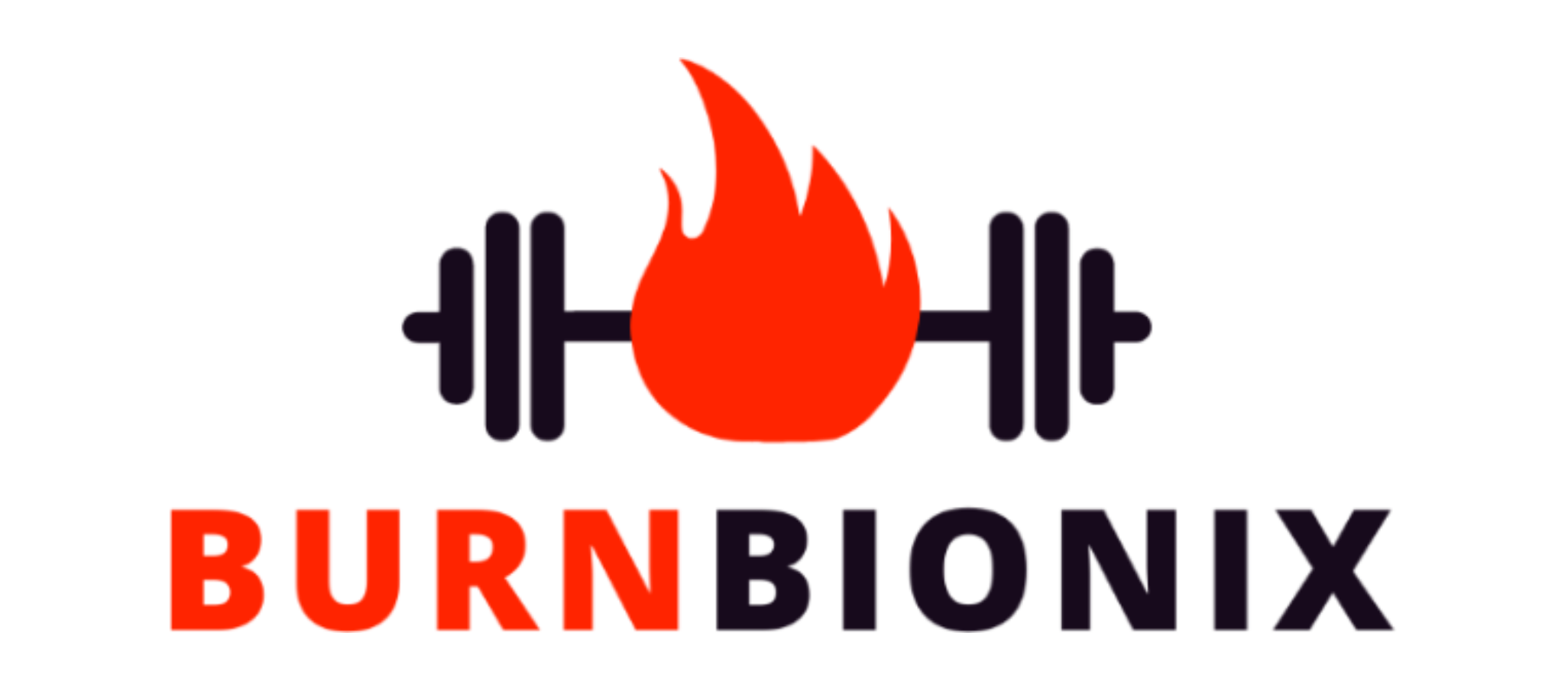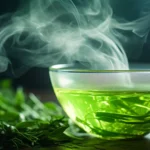After a tough workout, it’s tempting to crack open a cold one and unwind. But before reaching for that post-gym happy hour beer or glass of wine, it’s important to consider how drinking alcohol affects your fitness progress. Consuming alcohol after exercise can impact performance, delay recovery, cause dehydration, disturb sleep and interfere with muscle growth.
Essentially, booze can sabotage the hard work you put in at the gym. While an occasional drink after working out likely won’t cause major setbacks, frequent drinking after your fitness routines can inhibit progress over time. Let’s explore how imbibing impacts hydration, nutrition, hormones and more so you can make informed choices about drinking after working out.
The Impact of Alcohol on Exercise Performance
Reduced Performance
Alcohol can have detrimental effects on athletic performance, both during and after your workout. Consuming alcohol leads to reduced aerobic capabilities and impaired coordination. Studies show that drinking before physical activity slows reaction time and decreases motor skills like balance and hand-eye coordination.
Alcohol acts as a depressant on the central nervous system, resulting in slowed reflexes and response time. This is problematic for sports or activities requiring quick reactions and reflexes like tennis, hockey or skiing. Drinking impairs judgement and focus, also impacting performance accuracy. Tasks requiring fine motor skills and coordination suffer after alcohol consumption.
Delayed Reaction Time and Coordination
The impacts can persist even after the buzz wears off too. Hangovers the day after drinking lead to dehydration, lowered blood sugar and electrolyte imbalances which hinder optimal functioning. This “morning after” effect can reduce your endurance, strength and motivation for your planned workout.
While an occasional drink likely won’t majorly affect your gym session, frequent drinking after working out can compound the reductions in performance, coordination and reaction time. It’s best to limit alcohol consumption around your fitness routines and athletic activities to minimize detriments to your capabilities.
Hydration and Recovery: A Dual Challenge
Dehydration
Diving into the realm of hydration and recovery, drinking after working out poses a dual challenge. Let’s start with hydration. Alcohol, despite being a liquid, isn’t your best pal when it comes to replenishing your body’s water content. Why? It’s a diuretic, which means it nudges your kidneys to produce more urine, potentially leading to dehydration. This is a double whammy since fluid restoration post-workout is crucial for optimal body functioning and recovery. You wouldn’t want a pint of beer cancelling out the hydration from those energy drinks, right?
Delayed Recovery
Now, let’s shift gears to recovery. After an intense workout, your body needs time to bounce back. Alcohol can extend these recovery periods. Consistent post-workout drinking might slow down your fitness routine progression, as it takes longer for your body to get back on track. It’s akin to running a race but occasionally stopping to tie your shoelaces. Frustrating, isn’t it?
Sleep Disruption
And let’s not forget about sleep – a key player in fitness. While a glass of wine might help you doze off, it doesn’t promise quality sleep. Alcohol tends to disrupt your sleep patterns, which can affect restorative sleep – a critical component of optimal fitness and muscle recovery. So while that nightcap might seem enticing, it could be undermining your workout efforts.
Nutritional Implications
Empty Calories
Alcohol is calorically dense, yet offers little nutritional value. A beer can contain 150 calories while a mixed drink may have 300+ empty calories. These “liquid calories” can easily add up, promoting weight gain if consumed frequently. After an intense workout when you’ve burned significant calories, taking in excess empty booze calories can negate your hard work.
Nutritional Choices Post-Drinking
Then comes the impact on your nutritional choices post-drinking. Alcohol has a sneaky way of lowering inhibitions, making that greasy burger or late-night pizza seem more appealing. Unhealthy food choices following a drinking session can diminish the hard work you’ve put in at the gym.
Interference with Protein Production
Drinking after working out further hampers protein synthesis. Alcohol metabolism interferes with the production of protein necessary for muscle growth and repair. This can increase post-workout muscle soreness. For optimum muscle health, sufficient protein intake is key after strength training. However, alcohol can inhibit this muscle-building process.
Overall, alcohol offers no nutritional benefits and can lead to excessive calorie intake through the drinks themselves coupled with unhealthy food choices afterwards. Moderating intake is key to avoid sabotaging your nutrition, body composition and workout gains.
Hormonal Impact and Muscle Health
Impaired Muscle Growth and Recovery
Now, let’s talk about hormones and muscle health. Yes, alcohol can indeed impact these too. In case you missed it in the previous section, alcohol has a pesky habit of interfering with muscle protein synthesis. This meddling can negatively affect muscle growth and recovery. So, if you’re drinking after working out, you might be unknowingly slowing down your muscle recovery process, impacting your performance in subsequent sessions.
Inhibition of Essential Hormones
Moving onto hormones – they’re the unseen orchestrators of many bodily functions, including muscle growth and recovery. Essential hormones such as testosterone and human growth hormone typically surge post-strength workouts to aid in muscle recovery and growth. But alcohol can play the spoilsport here as well. Drinking after a workout may lead to a decrease in these hormones, reducing their beneficial effects on muscle recovery and growth.
While occasional moderate drinking likely won’t majorly impact muscle gains, frequent or excessive alcohol intake after working out can disrupt protein synthesis, extend soreness and inhibit key hormones. To maximize strength-building potential, limit alcohol consumption around workouts to avoid interference with these biological processes essential for muscle growth and fitness.
Making Informed Choices
Occasional vs. Frequent Drinking
An occasional drink after working out likely won’t derail your fitness goals. However, excessive intake on a frequent basis can negatively impact performance, recovery and progress over time. Understanding your personal limits and aligning alcohol consumption with your aspirations is key.
Recommendations for Alcohol Post-Workout
Moderation is paramount if you do indulge after exercise. Limit yourself to 1-2 standard drinks, sip slowly, and alternate with water to stay hydrated. Choosing beer, wine or a simple mixed drink is better than multiple strong cocktails. Also, be mindful of accompanying food choices – opt for lean protein and complex carbs instead of bar food fare.
Aligning Alcohol Consumption with Fitness Goals
Plan proper rest and recovery time between gym sessions if you had more than a few drinks. Pay attention to your body and reduce workout intensity or volume if needed when training after drinking. Don’t catastrophize an occasional night out, but get back on track with healthy habits as soon as possible.
The impact of drinking after working out also depends on your fitness goals. If maximizing strength gains or physique progress is the priority, limiting alcohol intake may be wise. For more recreational goals focused on general health, moderate indulgences are likely fine. Overall, make informed choices that align with your aspirations.
Final Thoughts
While the occasional drink after a workout may not be detrimental, frequent or excessive alcohol consumption can hamper fitness progress. Drinking after exercise impacts performance, delays recovery, causes dehydration and disrupts hormone levels and protein synthesis essential for gains.
Moderation is key. Understand how alcohol aligns with your personal fitness goals and refrain from overindulging around workouts for optimal results. With mindful drinking choices, you can still unwind after a sweat session without majorly sabotaging your hard-earned progress.









